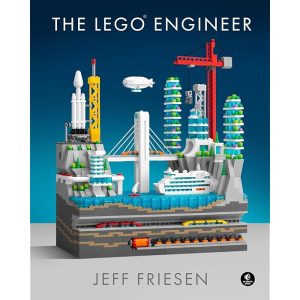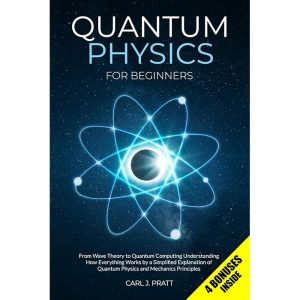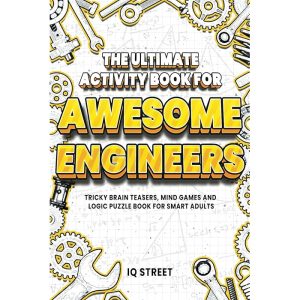Description
For those preparing for Assistant Engineer (AE) or Junior Engineer (JE) exams in Electrical Engineering, studying chapterwise solved problems and previous year papers is a great strategy. Here’s a guide on how to approach these topics and what resources to look for:
### 1. **Chapterwise Solved Problems**
– **Fundamentals**: Before diving into solved problems, make sure you have a solid understanding of the core concepts of Electrical Engineering. Topics like **Circuits, Control Systems, Power Systems, Electrical Machines, and Analog & Digital Electronics** are essential.
– **Important Topics**:
– **Network Theory** (Kirchhoff’s Laws, Thevenin’s and Norton’s Theorem)
– **Signals & Systems**
– **Control Systems** (Stability, Root Locus, Frequency Response)
– **Power Systems** (Generation, Transmission, Distribution, Protection)
– **Electrical Machines** (Transformers, Induction Motors, Synchronous Machines)
– **Power Electronics** (Converters, Inverters, and their applications)
– **Instrumentation and Measurements** (Types of instruments, Calibration)
– **Digital Electronics** (Boolean Algebra, Logic Gates, Flip-Flops)
– **Why Chapterwise Solved Problems**:
– It helps you build problem-solving skills step by step.
– You can identify patterns in the types of questions asked.
– It reinforces key formulas and concepts.
**Recommended Books**:
– *Electrical Engineering (Chapterwise Solved Papers)* by GKP
– *Electrical Engineering: Objective Type* by S. K. Bhattacharya
– *Electrical Engineering: Chapterwise MCQs* by Made Easy
– *Problems in Electrical Engineering* by J. B. Gupta
### 2. **Previous Year Papers**
– Analyzing previous year papers is crucial for understanding the exam pattern and the types of questions that are frequently asked.
– It will help you identify important chapters that are frequently covered in the AE/JE exams.
**Why Practice Previous Year Papers**:
– Familiarizes you with the question format and difficulty level.
– Helps in time management during exams.
– Builds confidence and improves accuracy.
**Sources for Previous Year Papers**:
– **Online Platforms**: Websites like *Byju’s*, *Gradeup*, and *Embibe* offer previous year papers for AE/JE exams with solutions.
– **Books**:
– *Previous Years’ Papers for Electrical Engineering* by Made Easy
– *Solved Papers for AE JE Electrical Engineering* by Arihant
– *Electrical Engineering: Previous Year Solved Papers* by R. K. Bansal
### 3. **Study Plan**
– **Phase 1 (Concept Building)**:
– Start with understanding basic concepts in each chapter.
– Work through example problems from books or online resources.
– **Phase 2 (Solving Chapterwise Problems)**:
– Begin with easier problems and gradually move to complex ones.
– Focus on variety and clarity in the topics.
– **Phase 3 (Previous Year Papers)**:
– Start solving previous year papers under timed conditions.
– Review mistakes and focus on weak areas.
– **Phase 4 (Mock Tests)**:
– Take mock tests to simulate real exam conditions.
– Regularly revise important formulas and concepts.
### 4. **Online Resources**
– **YouTube Channels**:
– *Unacademy* offers free and paid courses for AE/JE exams.
– *Khan Academy* for basic electrical engineering concepts.
– **Apps**:
– *Gradeup*, *Testbook*, *Unacademy*, and *Oliveboard* provide both practice questions and solved papers.
– **Online Courses**:
– You can enroll in specialized AE/JE courses from platforms like *Coursera*, *Udemy*, or *Testbook*.
### 5. **Time Management Tips for Preparation**
– Dedicate specific time slots to each subject or chapter.
– Don’t overcomplicate things—start with basic problems, gradually increasing difficulty.
– Review your mistakes frequently to avoid repeating them in the future.
– Practice at least 2-3 previous year papers per week as the exam approaches.
### 6. **Additional Tips**
– Focus on **NCERT books** for basic concepts (especially for subjects like Electrical Machines, Power Systems, etc.).
– Keep revising and do not skip important chapters like **Control Systems** and **Power Electronics**, as these often form the core of technical sections.
– Join study groups or forums like *Quora* or *Reddit* to exchange tips and resources with other aspirants.





Reviews
There are no reviews yet.